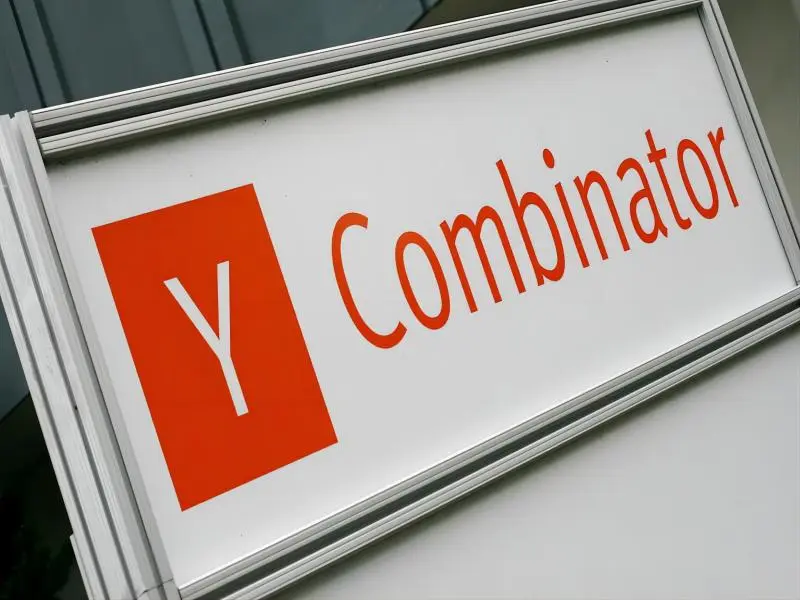- Y Combinator is a group of really amazing mentors, who help early-stage startups, get off the ground.
- There are a number of professional and personal benefits of going through the YC accelerator program, such as gaining support from other founders, joint problem-solving, and potential customers.
- Y Combinator is not a one-size-fits-all solution for startups, and it’s important to weigh the pros and cons before applying. Ultimately, the decision of whether or not to join YC depends on the unique needs and goals of your business.
Founded in 2005, Y Combinator has become one of the most prestigious and successful startup accelerators worldwide. It’s recognised for its role in launching over 2,000 companies, including industry giants like Airbnb, Dropbox, Stripe, and Reddit. YC provides seed funding, intensive mentorship, and access to a vast network of successful entrepreneurs, investors, and alumni across a three-month program.
What is Y Combinator?
Y Combinator (abbreviated as YC) is a renowned startup incubator based in the United States that provides seed funding, guidance, and networking opportunities to emerging companies to help them grow and develop.
Founded in 2005 by Paul Graham, Y Combinator has become one of the most well-known startup accelerators in Silicon Valley and around the globe. It has successfully invested in and incubated approximately 1450 companies, including well-known tech giants like Dropbox, Airbnb, Stripe, and Reddit. The collective valuation of these companies has reached an impressive $80 billion.
Y Combinator offers financial support to startups that join its program, which typically includes an initial investment followed by mentorship and access to resources.
Y Combinator accepts applications from startups twice a year and selects promising teams to join its accelerator program through a rigorous screening process. Clear communication of ideas is crucial during the application process. YC provides a strong community and network, allowing founders to connect with seasoned entrepreneurs, investors, and industry experts.
In addition, it offers a variety of resources and services, including mentorship, an investor network, a private social network for founders, exclusive deals, and access to valuable written advice to help founders grow and scale their businesses quickly.
Also read: What is Web3 gaming?
Benefits of Y Combinator
Support from other founders: The first benefit is just support from other founders. I think doing a startup is probably one of the loneliest things you can do. It’s hard, there are not a lot of other people who are helping you in the early days. And so, just being able to rely on other people who are in the same situation that you are in is helpful. Startups can benefit from their energy, their experience, and their encouragement.
Joint problem solving: The second benefit is the joint problem-solving. And this is, the fact that you have all these other founders going through similar situations helps with joint problem-solving. But more importantly, people have all of the mentors at YC, who have seen the pattern over and over and over again. And Y Combinator is the hotbed for professional mentorship for startups. So that is helpful as well.
Potential customers: There are a lot of potential customers for startups in YC, especially if the company is a B2B service. It’s a nice little head start to be able to sell whatever people are doing to their batch mates or people who just have gone through the program. So that’s nice and helps a lot of startups get off the ground.
Also read: Who is Jeff Weiner? LinkedIn former CEO epitomises ‘compassionate management’
Drawbacks of Y Combinator
Y Combinator has been highly successful and influential in the startup ecosystem, but like any organisation, it has faced some criticisms and challenges. Here are some potential drawbacks associated with YC based on various perspectives:
High competition: The competitive nature of the YC program can put a lot of pressure on startups to perform well, which might not be suitable for all founders, particularly those who prefer a more supportive and less competitive environment.
Demo Day pressure: The Demo Day presentations can be a high-pressure situation for founders, who may feel the need to impress investors in a very short amount of time, which is not always conducive to building a sustainable business.
Survivorship bias: YC’s success stories are often highlighted, which can lead to survivorship bias, where the failures or challenges faced by other startups in the program are not as visible or discussed.
It’s important to note that these drawbacks are not universally experienced and many founders have found great value in the YC program. The perception of YC’s effectiveness can vary widely based on individual experiences, business models, and the specific support needed by each startup.

